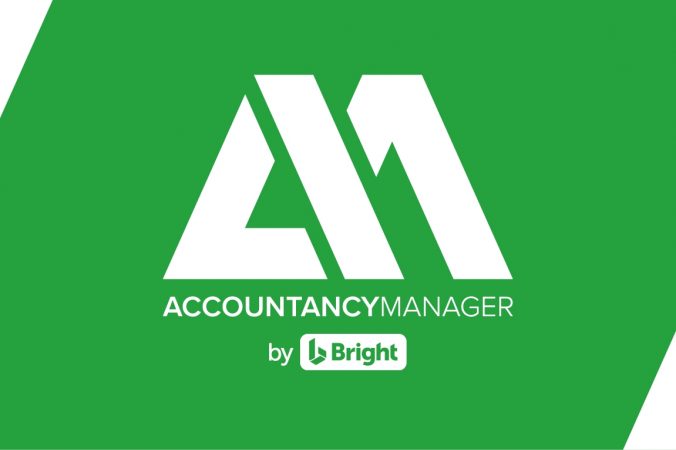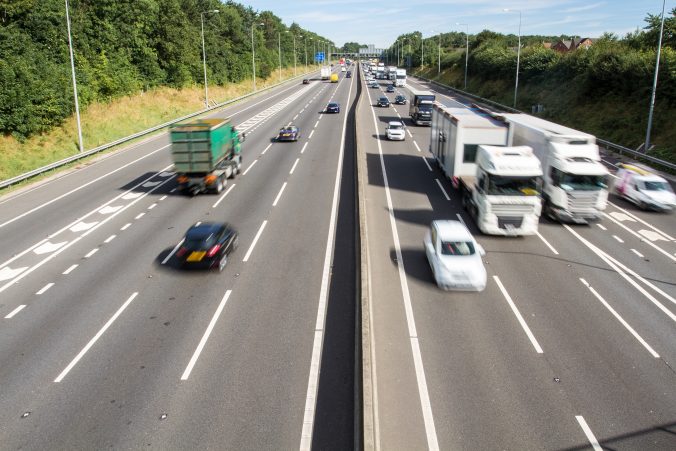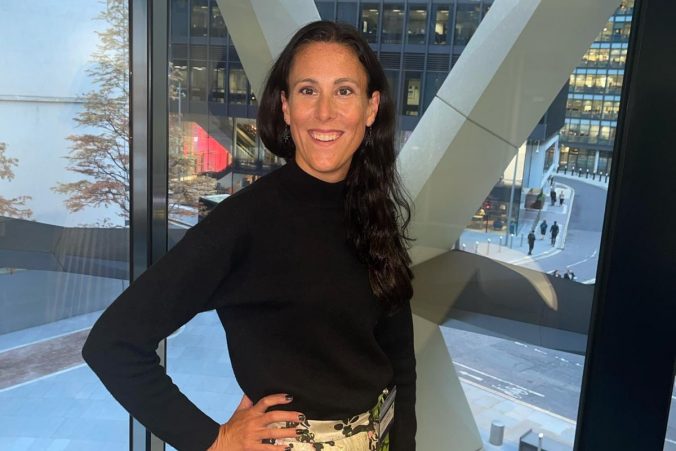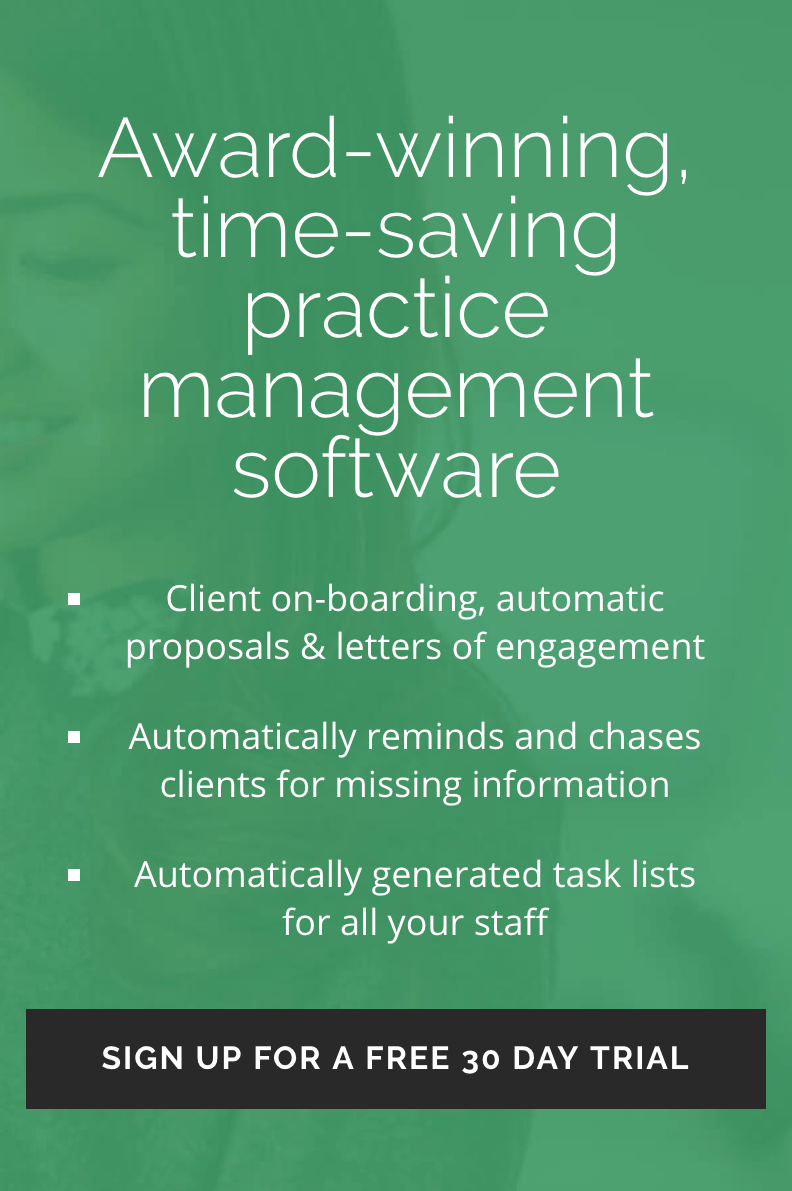New company car advisory fuel rates have been published and took effect from 1 March 2022.
The guidance states: ‘you can use the previous rates for up to one month from the date the new rates apply’. The rates only apply to employees using a company car.
The advisory fuel rates for journeys undertaken on or after 1 March 2022 are:
| Engine size | Petrol |
| 1400cc or less | 13p |
| 1401cc – 2000cc | 15p |
| Over 2000cc | 22p |
| Engine size | LPG |
| 1400cc or less | 8p |
| 1401cc – 2000cc | 10p |
| Over 2000cc | 15p |
| Engine size | Diesel |
| 1600cc or less | 11p |
| 1601cc – 2000cc | 13p |
| Over 2000cc | 16p |
HMRC guidance states that the rates only apply when you either:
- reimburse employees for business travel in their company cars
- require employees to repay the cost of fuel used for private travel.
You must not use these rates in any other circumstances.
The Advisory Electricity Rate for fully electric cars is 5p per mile. Electricity is not a fuel for car fuel benefit purposes.
If you would like to discuss your company car policy, please contact us.
Internet link: GOV.UK AFR










